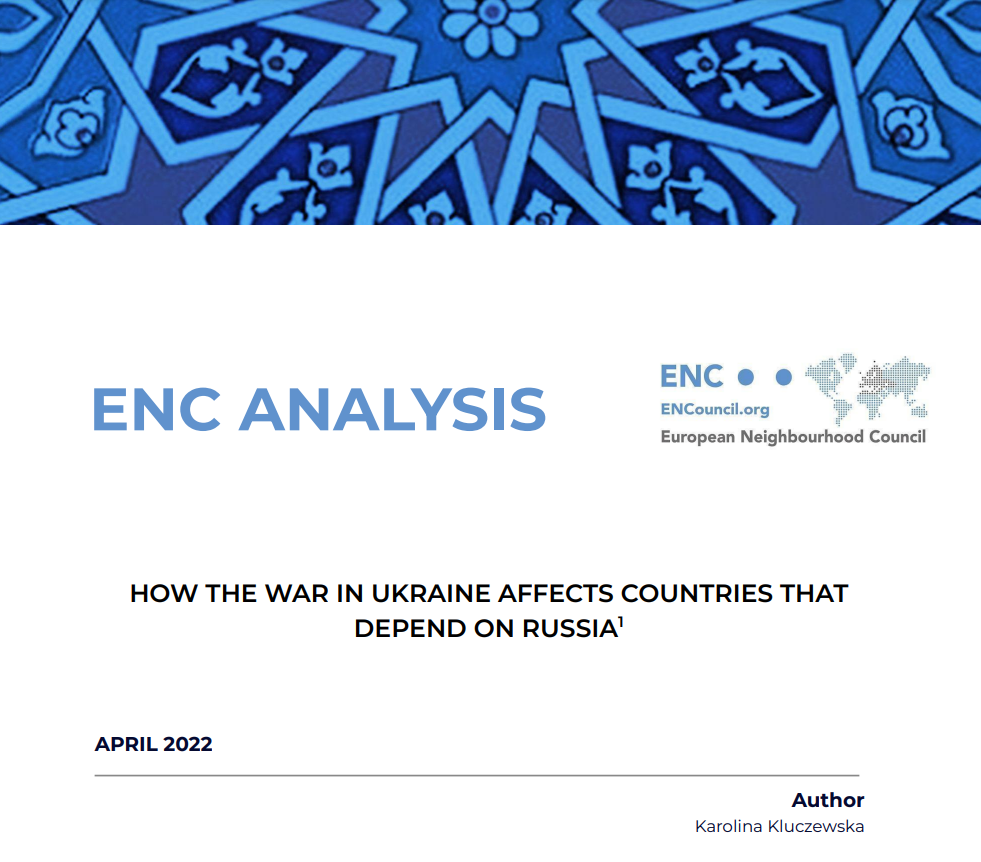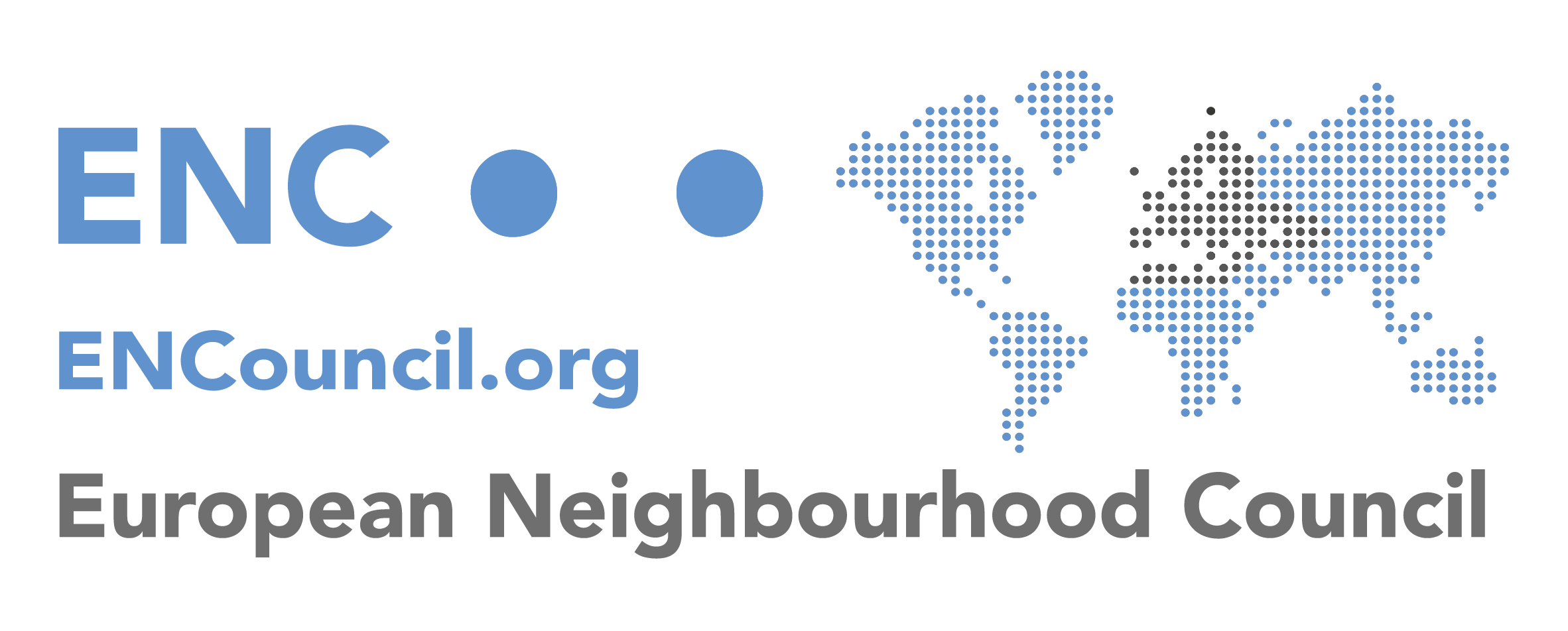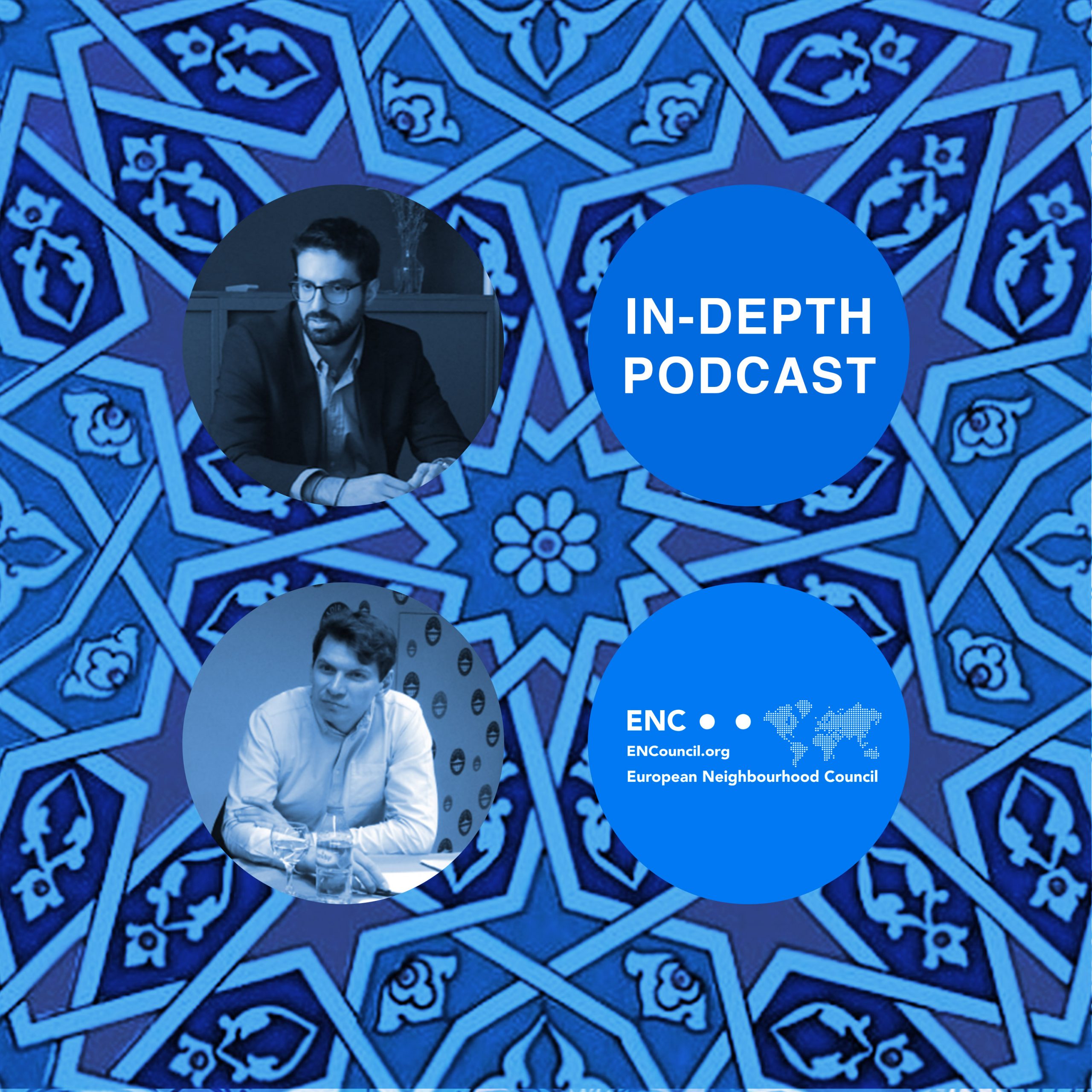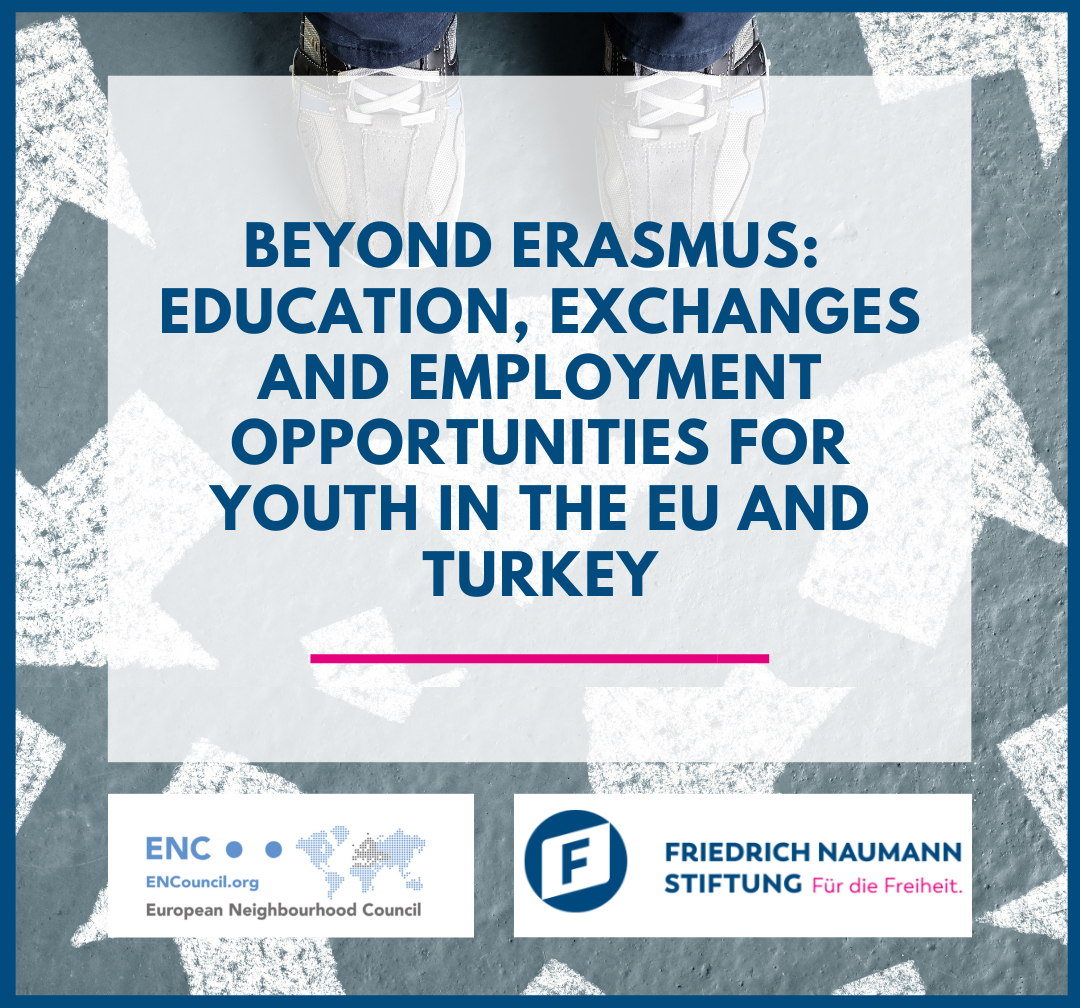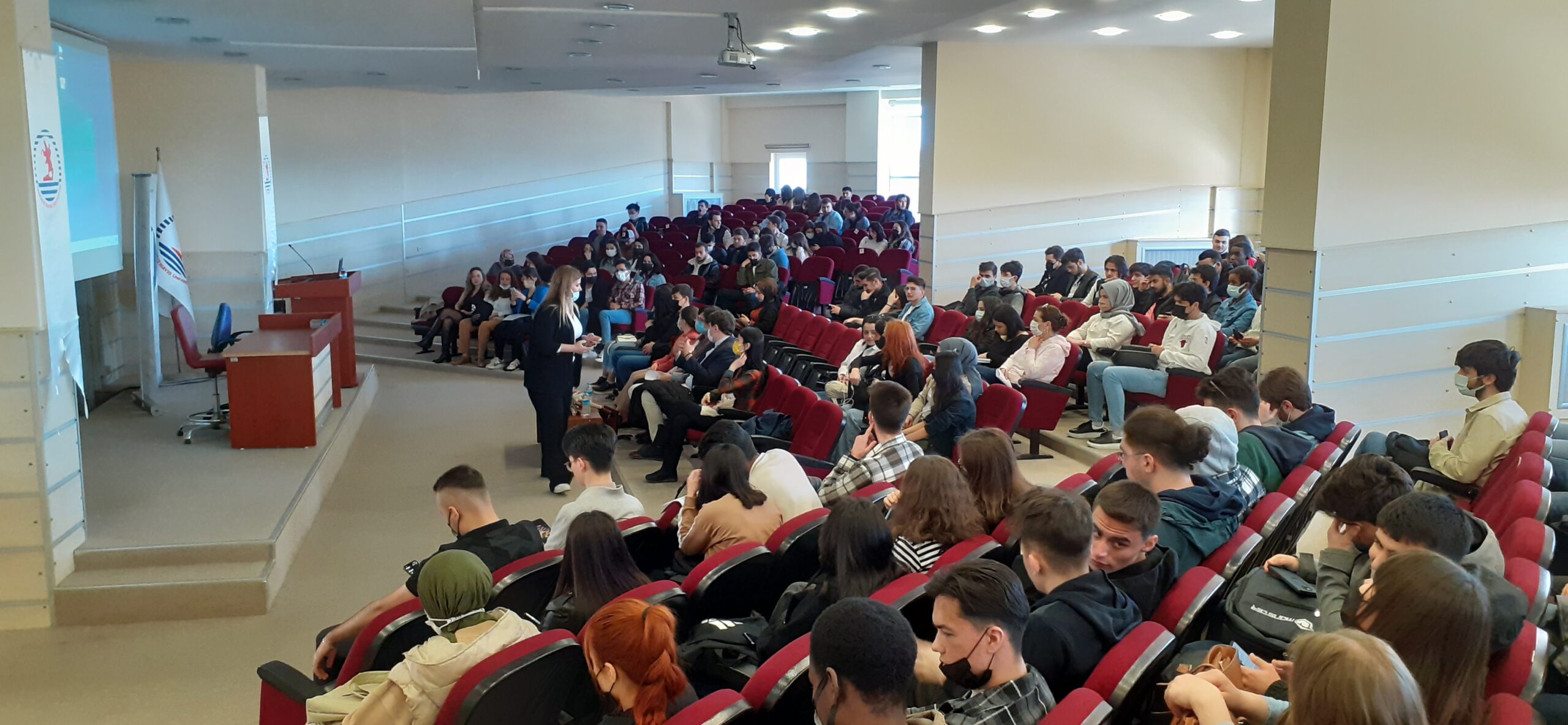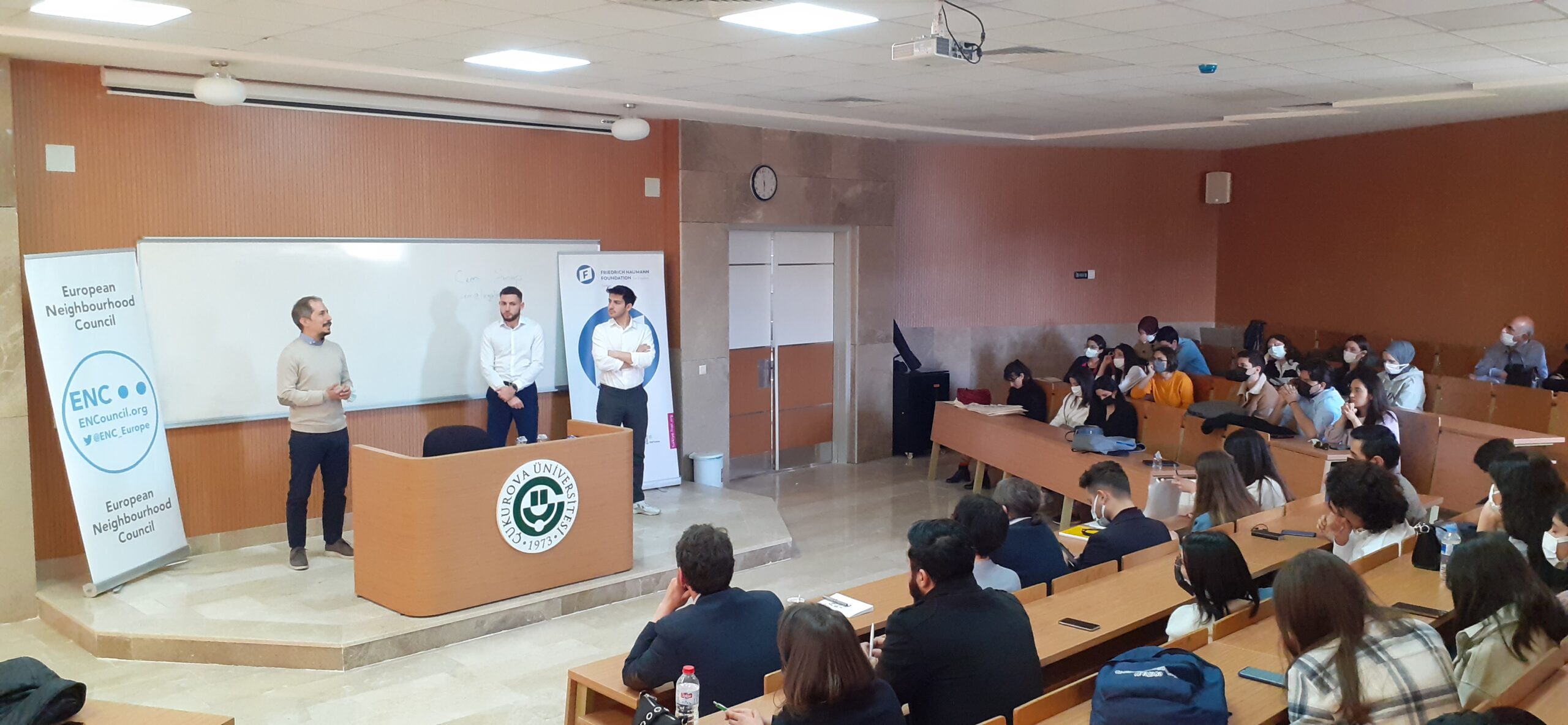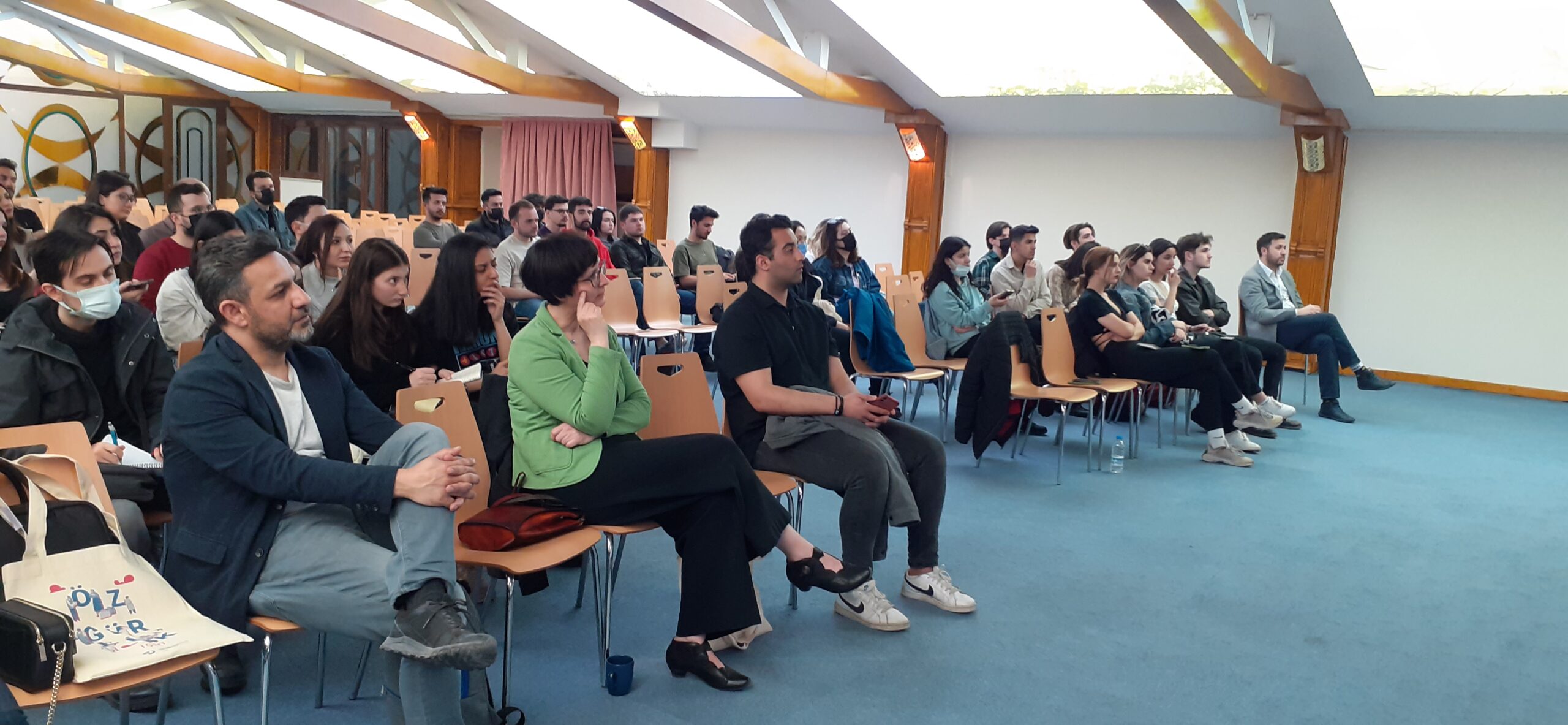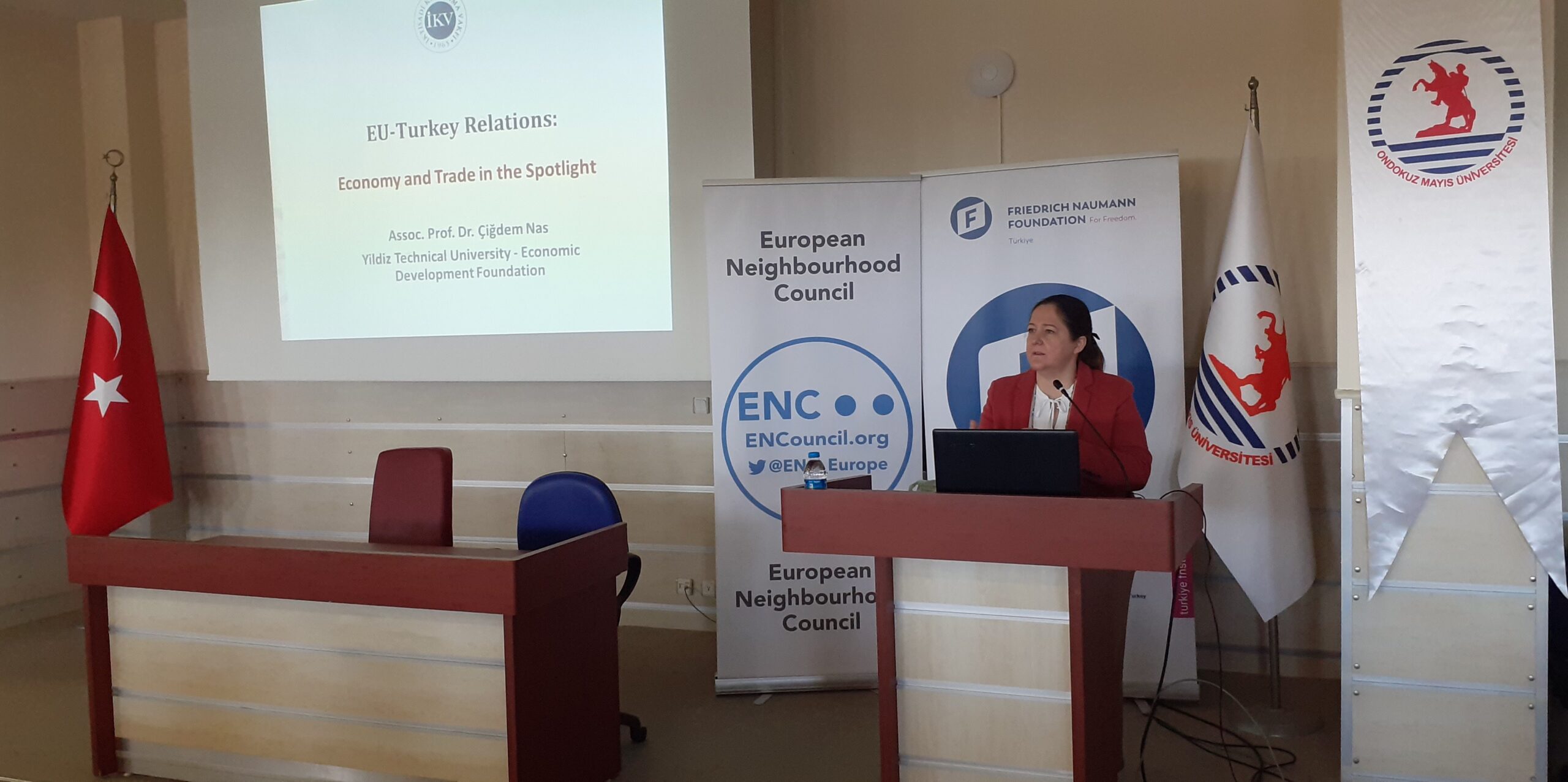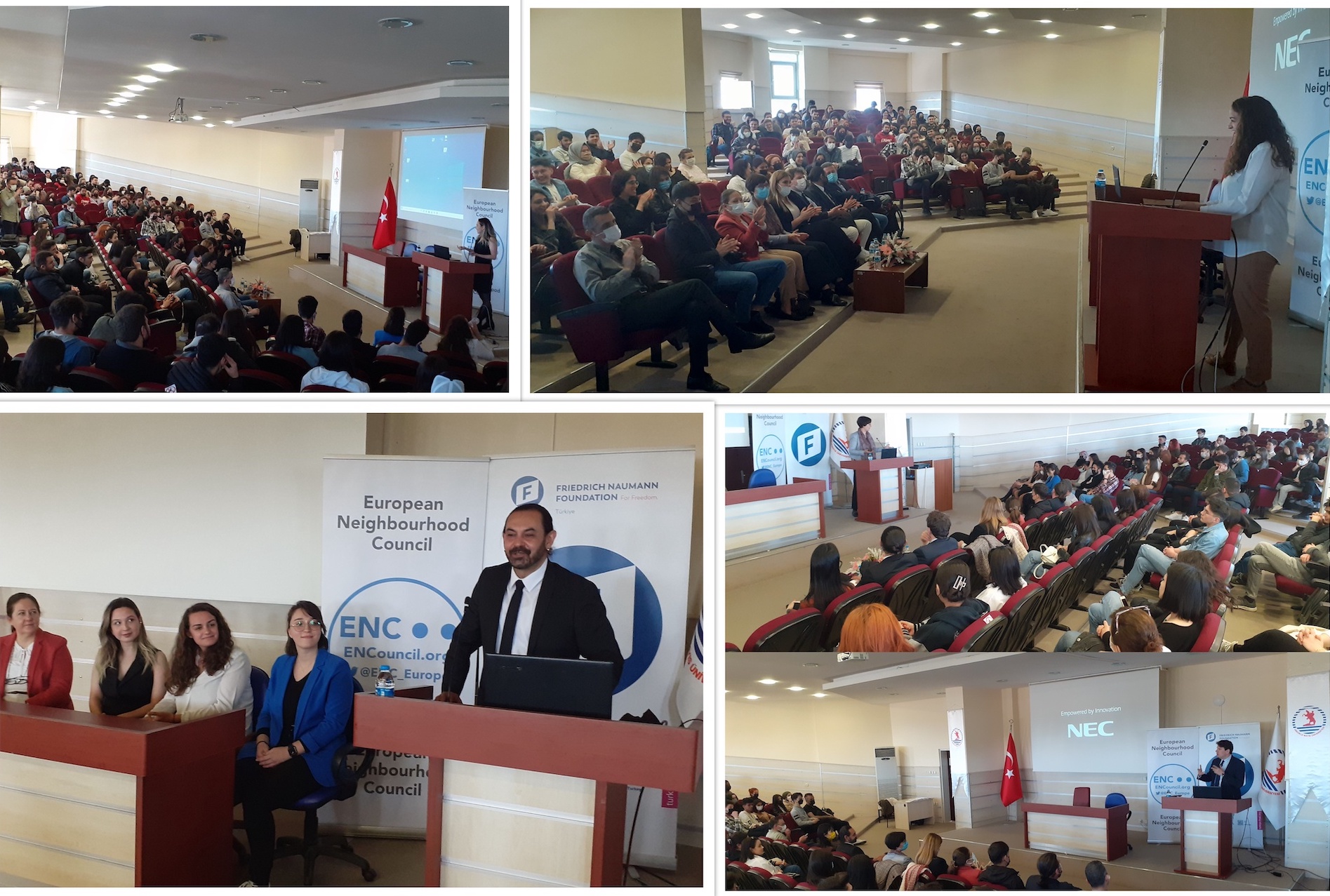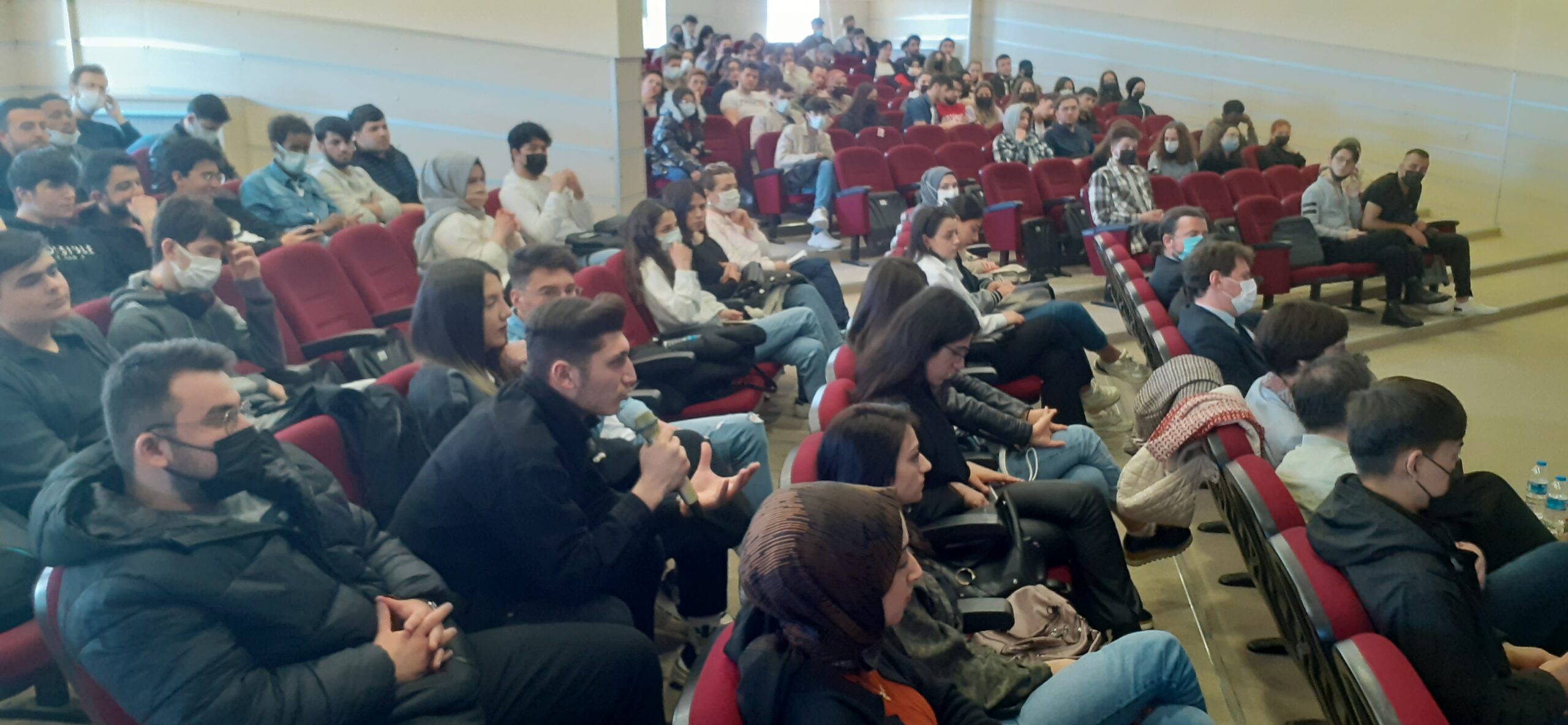
Launch of the Sanarip Insan project
On 31 March 2022, a forum on “Promoting Equal Economic Opportunities and Resilience of Youth” was held at the Park Hotel Conference Hall, where the Sanarip Insan Project was launched. The round table was held in a hybrid format, with more than 80 guests from the public and private sectors attending offline and international partners and viewers from remote regions of the Kyrgyz Republic attending online.
The Sanarip Insan project aims to build digital skills capacity among young people, migrants and women, from basic digital literacy to more in-demand digital skills such as information search, use of digital platforms, use of social media functionality, financial operations, online commerce and advanced entrepreneurial skills using information technology. The project plans to reach 100,000 people.
The Sanarip Insan project is implemented by the European Neighbourhood Council together with the Kyrgyz Internet Society with the financial support of the European Union.
The roundtable combined a business conference with the national traditions of the Kyrgyz people. At the beginning of the forum, the six-year-old Manaschi performed several Manas commandments. Then, during the forum, Raimonds Vingris, Chargé d’Affaires ad interim of the EU Delegation to the Kyrgyz Republic, gave a “Tushoo kesүү” to the child to mark the opening of the project.
Raimonds Vingris, Chargé d’affaires a.i. of the EU Delegation to the Kyrgyz Republic, spoke about increasing knowledge in digital skills among the population to ensure rapid employment: “Even in EU countries, there is a digital divide. Adult citizens with low levels of digital skills are more likely to have problems finding jobs, and even when they are employed, they get less than adults with higher levels of digital skills,” he said.
Soyuzbek Nadyrbekov, Deputy Minister of Culture, Information, Sports and Youth Policy of the Kyrgyz Republic, was introduced to all aspects of the project and expressed his great desire to cooperate to jointly improve knowledge in digital literacy among citizens of the Kyrgyz Republic.
Nurdölöt Bazarbaev, Deputy Minister of Labour, Social Security and Migration of the Kyrgyz Republic, shared that the digital literacy of the population, in the future, will enable the citizens of the Kyrgyz Republic to import digital services to international companies while staying in their home country.
Ulanbek Mambetakunov, Deputy Minister of Education and Science of the Kyrgyz Republic, shared a great desire to cooperate and improve the digital knowledge and skills of the population to achieve sustainable development goals: “We should pay attention to poverty eradication, to quality education, and necessarily consider digital skills to achieve sustainable development goals. The Ministry of Education and other ministries and agencies are making great efforts to develop digital skills, information literacy and as far as you know, a draft of the state educational standard for primary general education is currently being prepared, where one of the objectives is to develop digital literacy plus increase students’ knowledge on the green economy”.
Internet creator and Google VP – Vinton Cerf also spoke at the forum, where he shared the importance of teaching digital skills to vulnerable groups in order to increase the capacity of the population.
Maria Bevza, Project Coordinator at the European Neighbourhood Council (ENC) spoke about the implementation of the Sanarip Insan project and the targets to be achieved over the next 2 years.
Leaders of youth and women’s organisations such as SheStarts, Mutakalim, Otkrytaya Liniya, shared their views on the need to promote equal economic opportunities and sustainability for youth and women in the Kyrgyz Republic.
The forum was the opening event of the Sanarip Insan project where partners, state authorities, media and beneficiaries came to an agreement on cooperation to maximise the promotion of the population of the Kyrgyz Republic through enhanced digital skills.
Русская версия релиза по этой ссылке.
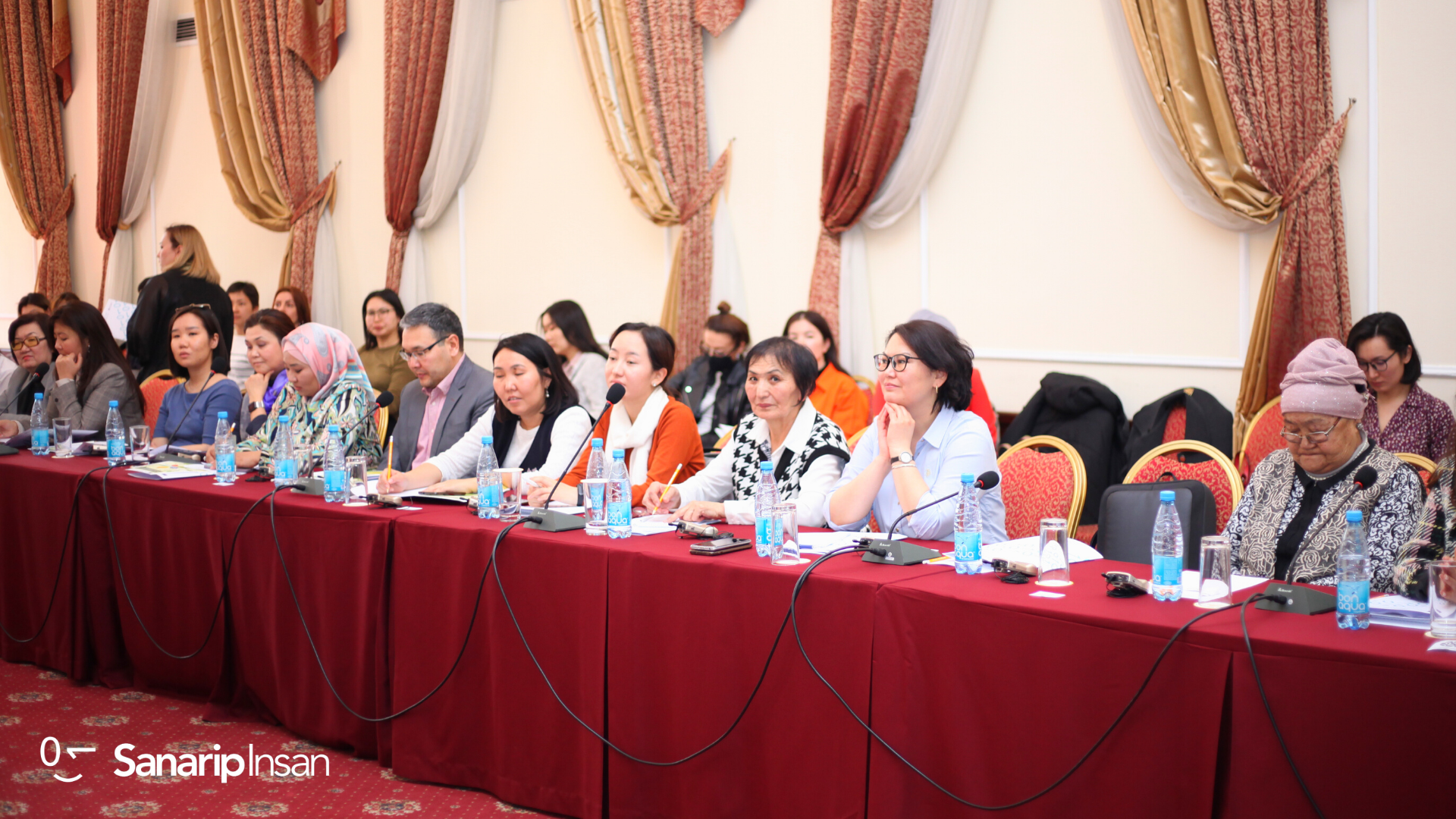
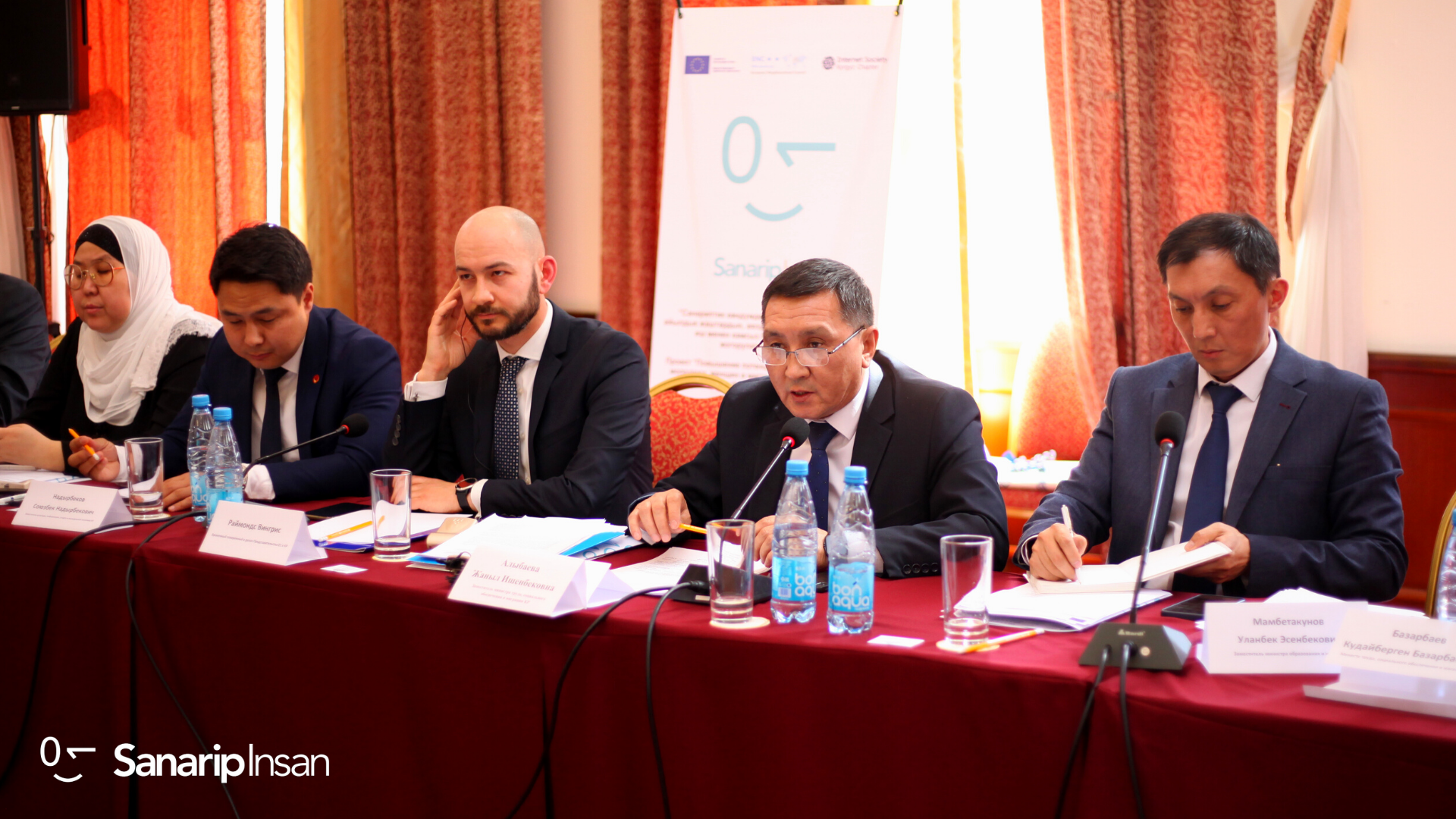
This website was created and/or maintained with the financial support of the European Union. Its contents are the sole responsibility of the European Neighbourhood Council (ENC) / Public Association “Internet Society Kyrgyzstan Chapter” and do not necessarily reflect the views of the European Union’.
|

Delegation of the European Union to the Kyrgyz Republic
21 Erkindik Boulevard, Business Centre Orion, 5th floor
Bishkek, 720040, Kyrgyz Republic
Telephone: +996 312 26 10 00
Fax: +996 312 26 10 07
E-mail: delegation-kyrgyzstan@eeas.europa.eu
Website: http://eeas.europa.eu/delegations/kyrgyzstan
Facebook:http://www.facebook.com/eudelkg
|
The European Union is made up of 27 Member States who have decided to gradually link together their know-how, resources, and destinies. Together, during a period of enlargement of 60 years, they have built a zone of stability, democracy, and sustainable development whilst maintaining cultural diversity, tolerance, and individual freedoms. The European Union is committed to sharing its achievements and its values with countries and peoples beyond its borders.
|

